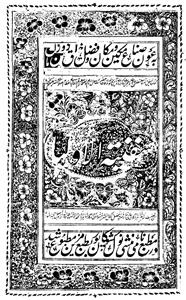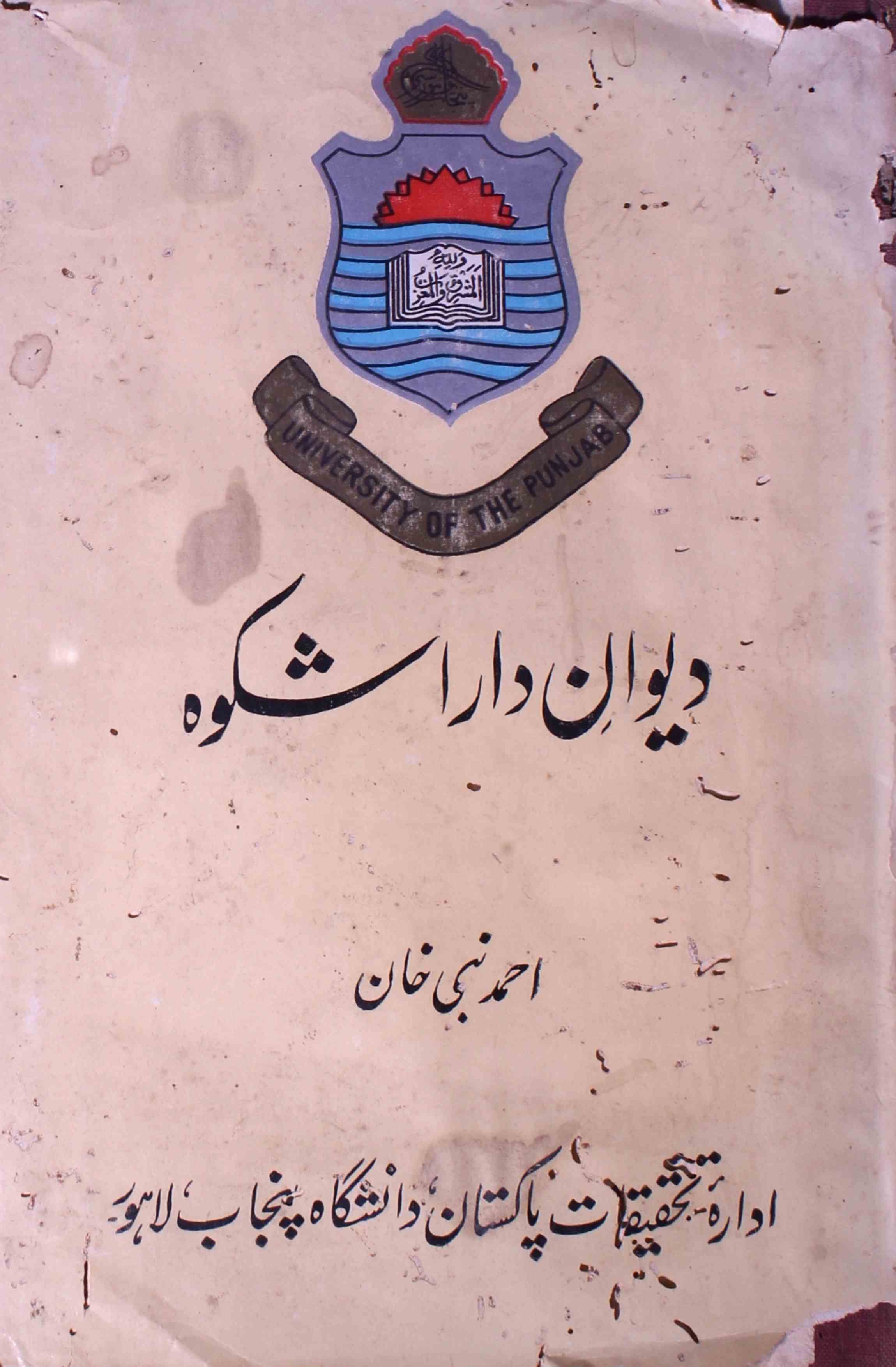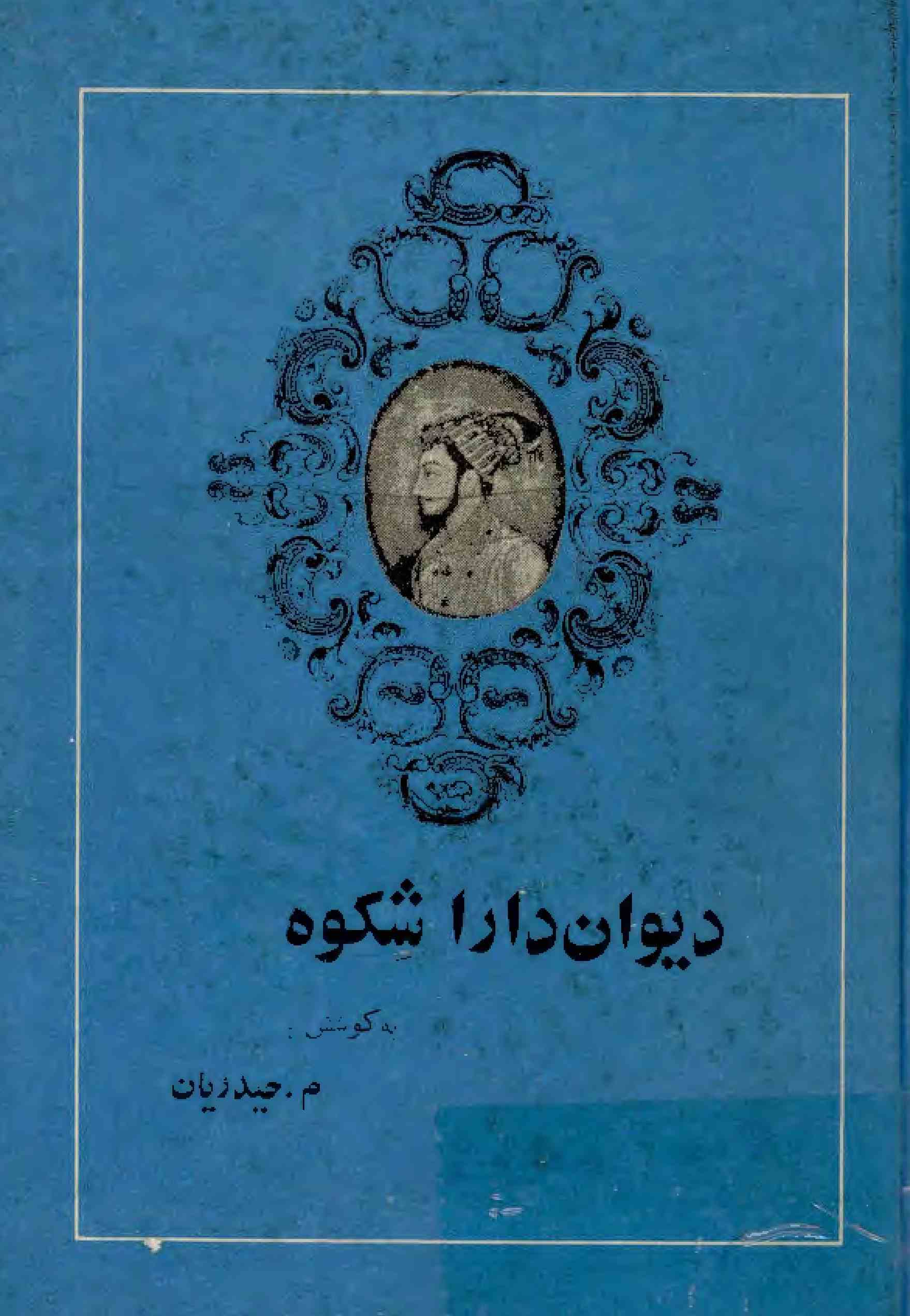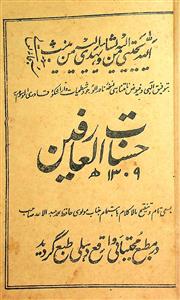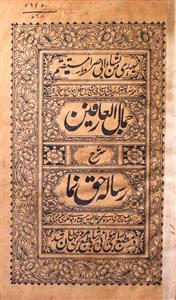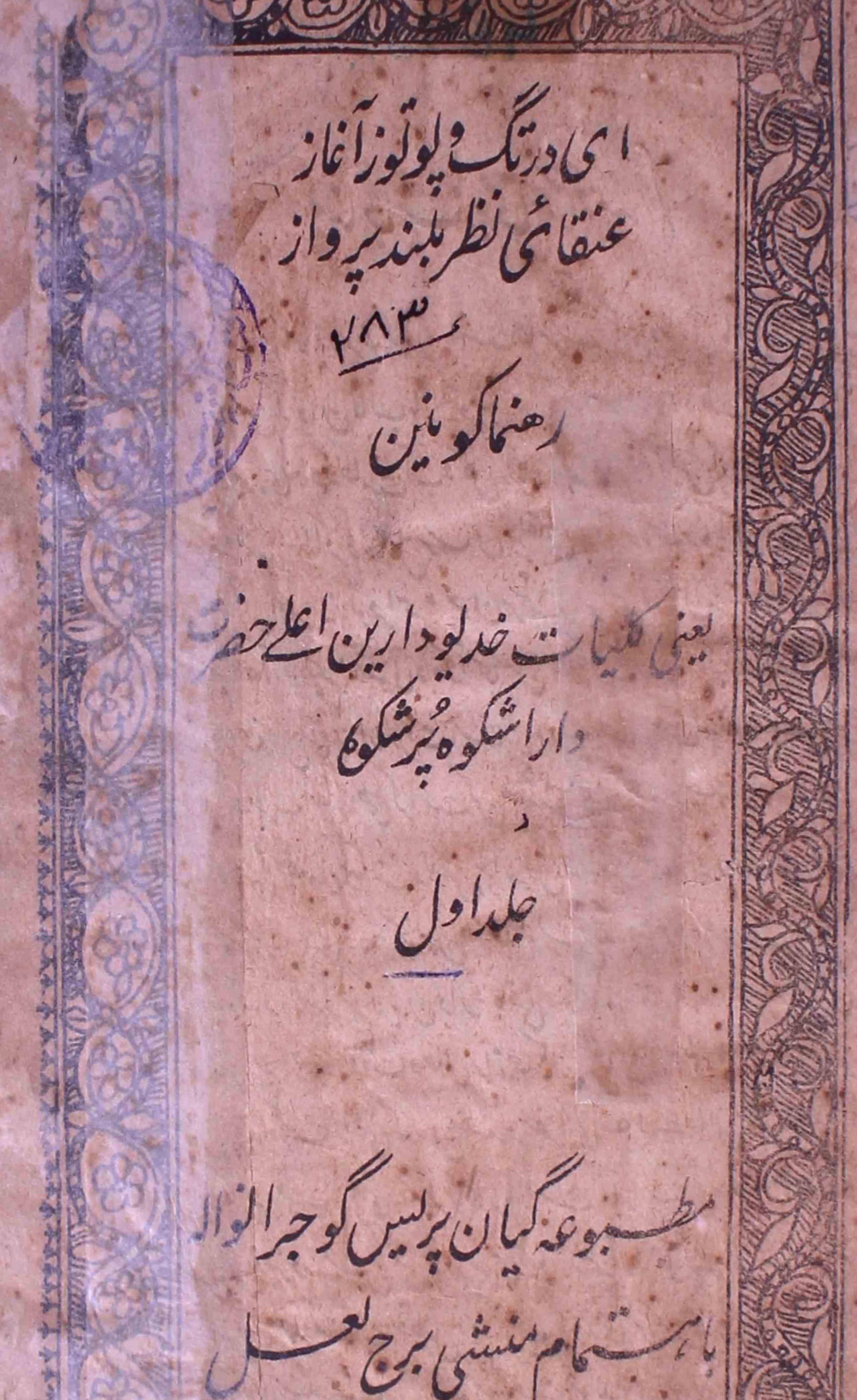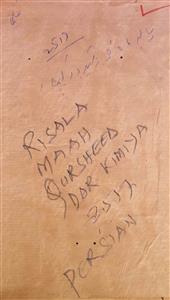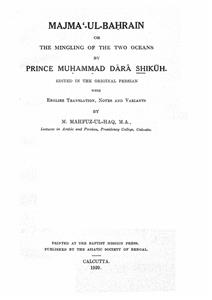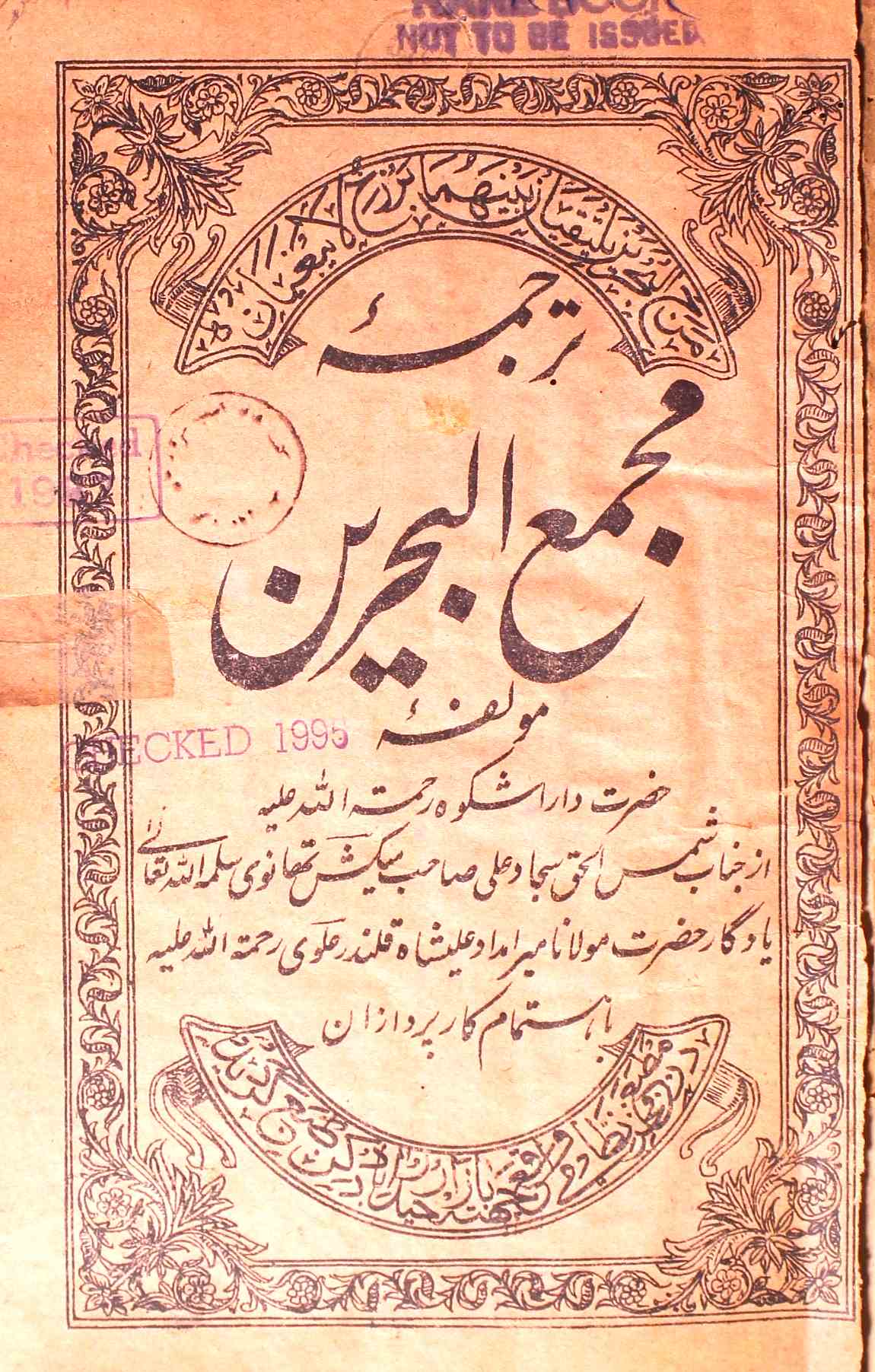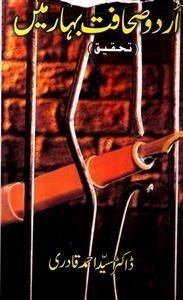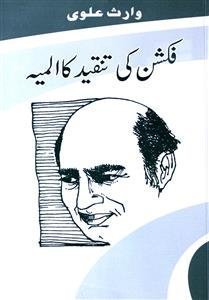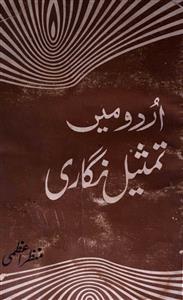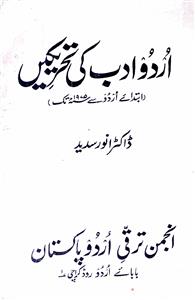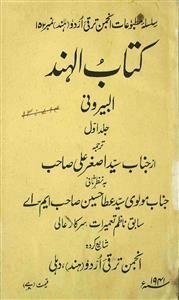 For any query/comment related to this ebook, please contact us at haidar.ali@rekhta.org
For any query/comment related to this ebook, please contact us at haidar.ali@rekhta.org
About The Book
ہندوستان کے تیموری خانوادہ میں بادشاہوں کا پیدا ہونا اور عیش عشرت میں زندگی بسر کرنا ایک معمولی سی بات سمجھی جاتی ہے لیکن اگر اس گھرانے میں کوئی صاحب قلم ، صاحب علم، فلسفی ، ادیب اور شاعر پیدا ہو جائے اور وہ بھی تصوف کا دلدادہ تو یہ یقینا تعجب و حیرت کی بات ہے۔ دارا شکوہ تیموریوں کے محلوں میں پیدا ضرور ہوا مگر اس نے اپنی زندگی میاں میر اور ملا شاہ بدخشانی کے بورئے سے منسلک ہوکر گزاری۔ سفینۃ الاولیاء صوفیہ کبار کے مختصر احوال پر مشتمل کتاب ہے جس میں سب سے پہلے نبی اور خلفاء کی مختصر سیرت کو بیان کیا گیا ہے اس کے بعد سلسلہ قادریہ کے اکابرین کا ذکر خیر کیا گیا ہے۔ پھر نقشبندیہ سلسلہ کے بزرگوں کے حالات پھر چشتیہ ، کبرویہ ، سہروردیہ اور ازواج مطہرات کے احوال بیان کئے گئے ہیں۔ یہ صوفیہ کا عمومی تذکرہ ہے۔ دارا شکوہ نے اس کتاب کی تالیف 1640 ء میں کی تھی۔
About The Author
Dara Shukoh (1615-1659) was the eldest son and designated heir of Mughal emperor Shah Jahan, celebrated at court for his inquisitive mind, Sufi devotion, and broad-minded approach to faith. Writing under the pen-name 'Qadiri' in honor of his spiritual guide from the Qadiri Sufi order, he composed a substantial Diwan containing 216 ghazals, 148 quatrains (rubaiyat), and qasidas in Persian.
Determined to prove the unity of sacred wisdom, Dara translated fifty Upanishads into Persian under the title Sirr-i-Akbar and produced Majma-ul-Bahrain ("Confluence of the Two Seas"), a groundbreaking treatise that set Sufi and Vedantic terminology side by side. His other works included Safinat-ul-Auliya, Risala-i-Haq-Numa (The Compass of Truth), and Iksir-i-Azam (The Great Elixir), all reflecting his quest to bridge Islamic mysticism with Hindu philosophy.
His liberal views made him a popular but controversial figure; during the 1657–1659 war of succession he was defeated, tried for apostasy, and executed on Aurangzeb's orders, yet his writings endure as some of the earliest sustained calls for interfaith harmony in South Asia.
 For any query/comment related to this ebook, please contact us at haidar.ali@rekhta.org
For any query/comment related to this ebook, please contact us at haidar.ali@rekhta.org
